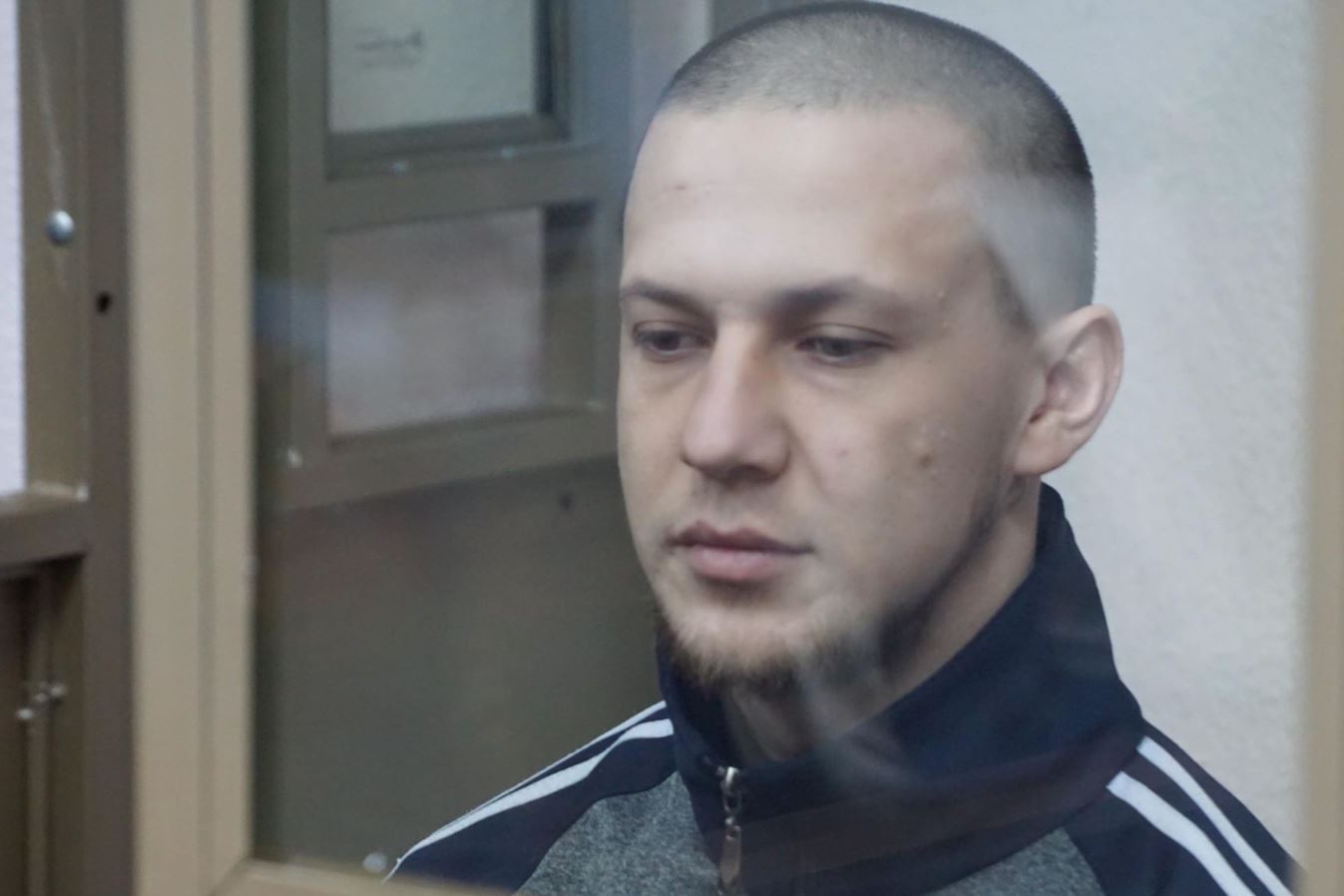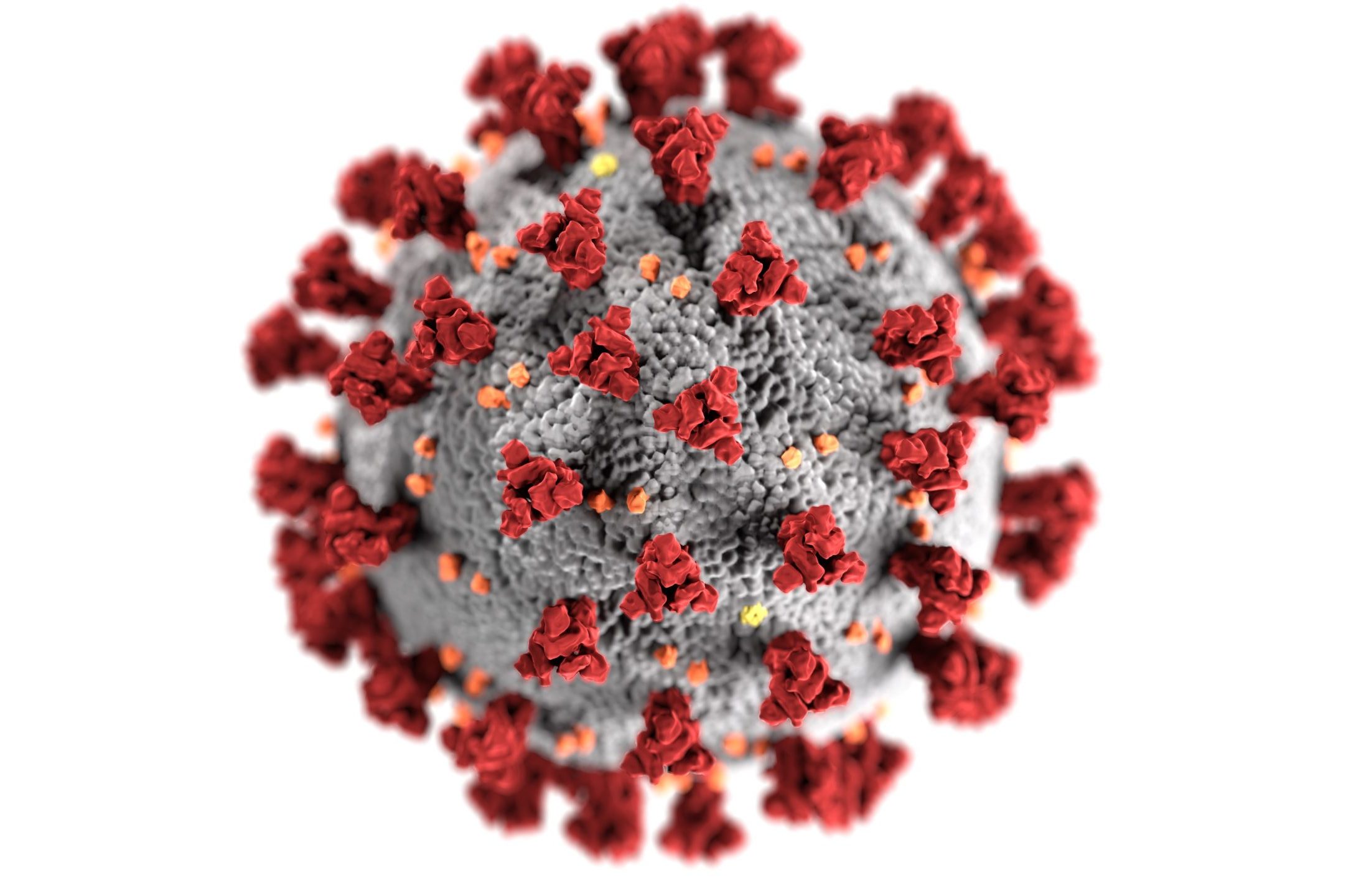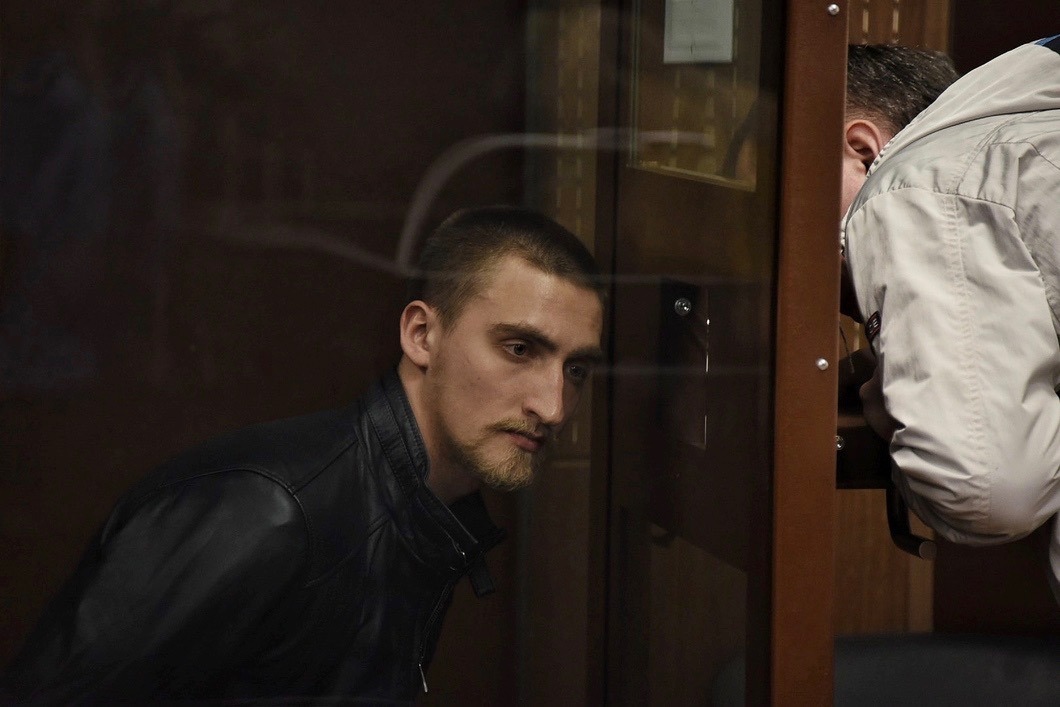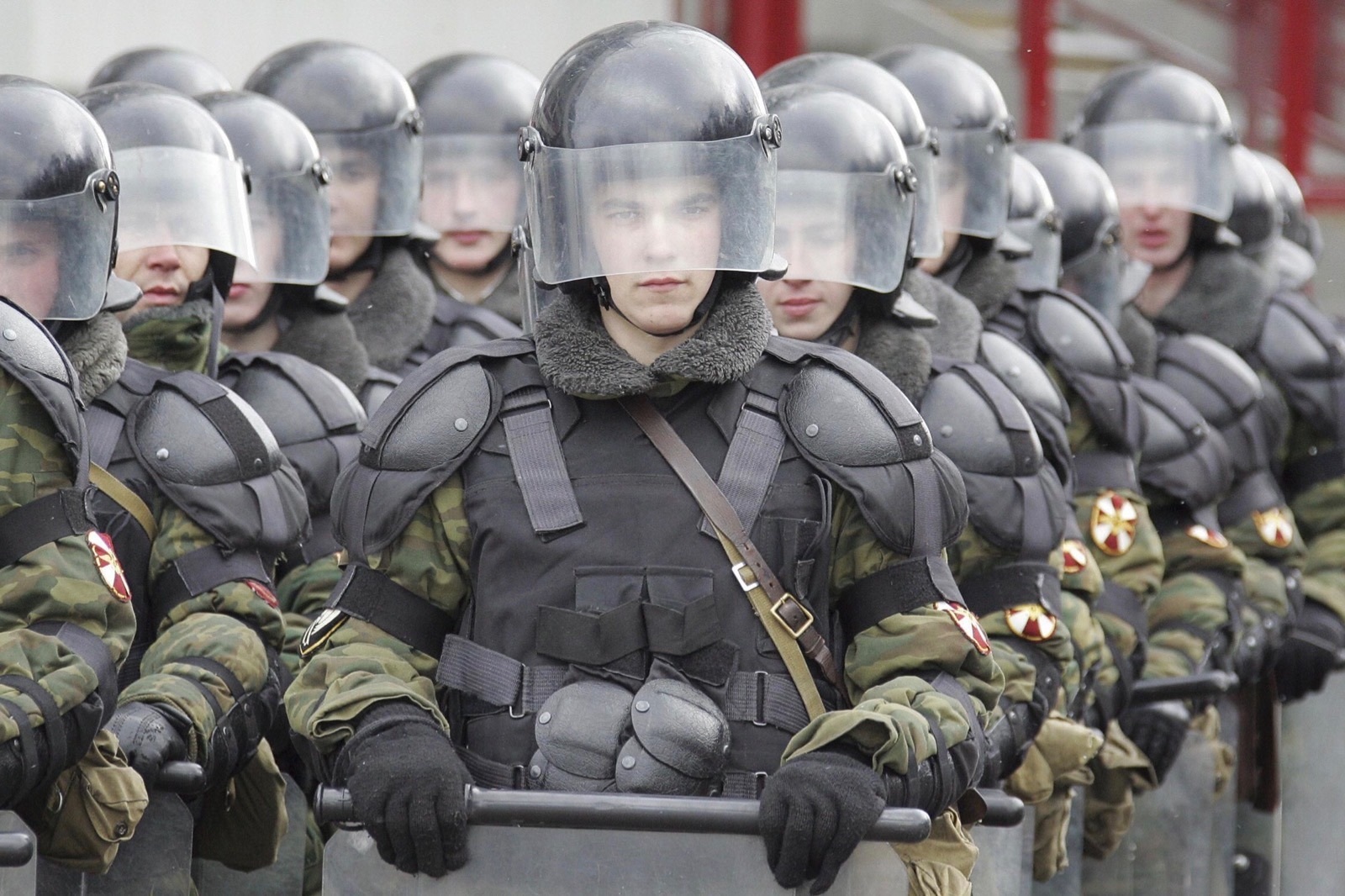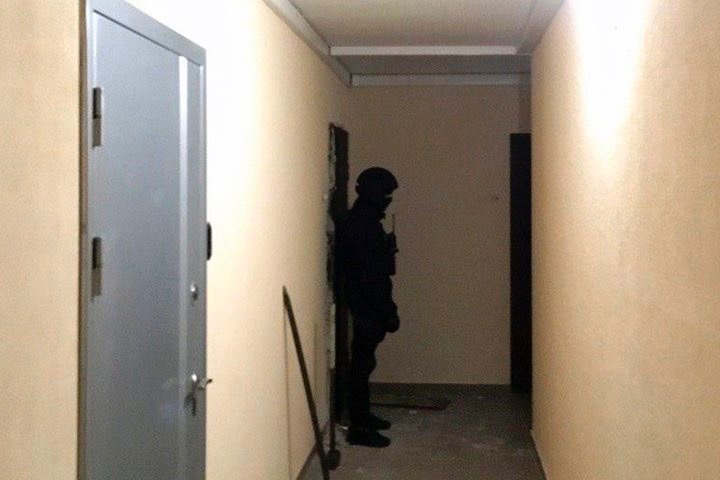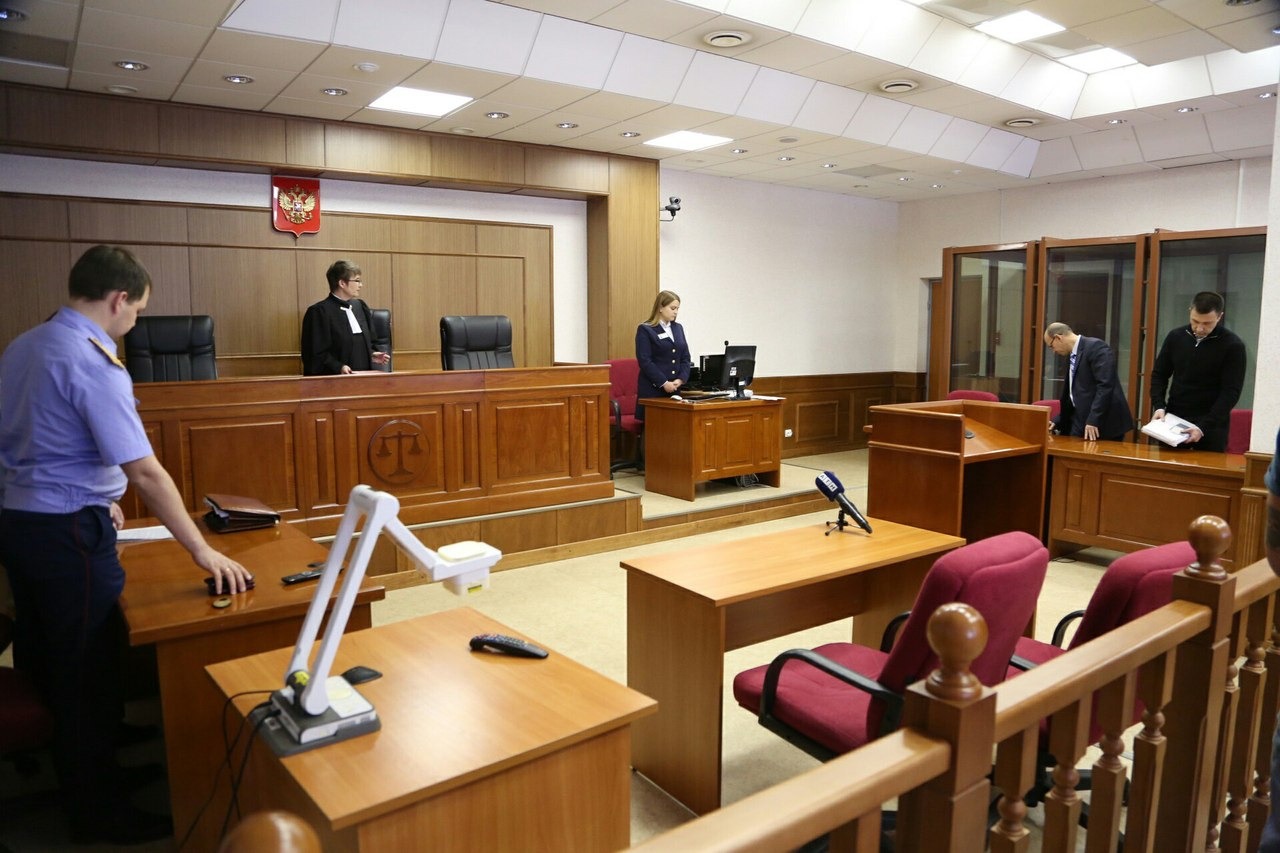The staff of the pre-trial detention center in Rostov-on-Don, where Arsen Djepparov, the defendant in the Yalta Hizb ut-Tahrir case is currently detained, did not provide him with medical assistance, because “they did not receive any request from him.” This was reported by “Krym.Realii”, citing the defendant’s lawyer, Ayder Azamatov, who received a response from the pre-trial detention center’s administration to his complaints.
According to the lawyer, the Office of the Russian General Procurator explained that his complaint was forwarded for consideration to the pre-trial detention center where Djepparov is kept, as well as to the of the Rostov Regional Prosecutor’s Office.
“The administration of the pre-trial detention center replied that Dzhepparov did not submit any written applications for medical assistance, and as soon as the appropriate application is received, the management is ready to consider it,” the lawyer said.
Azamatov noted that “if a person is feeling very unwell, if he is about to die – there should be no need to wait for any applications from him for the provision of medical assistance.”
“Especially if he cannot physically write anymore,” Azamatov added.
Earlier, a lawyer posted on Facebook that Arsen Dzheparov is in “critical condition”. The lawyer lodged several complaints to Russian government agencies regarding the condition of the defendant’s health.
At the end of May, the North Caucasian District Military Court extended the detention of six people involved in the Yalta Hizb ut-Tahrir case for three months. Accused in the case are Arsen Dzheparov, Refat Alimov, Emir-Usein Kuku, Muslim Aliyev, Inver Bekirov and Vadim Siruk, who were detained in Yalta in February or April 2016. They are accused of being involved in the Islamic political organization Hizb ut-Tahrir, which has been banned in Russia.
Representatives of the international Islamic political organization Hizb ut-Tahrir call for the unification of all Muslim countries in the Islamic Caliphate as their mission, but they reject terrorist methods of achieving this goal and say that they are being unfairly persecuted in Russia as well as in Crimea occupied by Russia in 2014. The Supreme Court of the Russian Federation banned Hizb ut-Tahrir in 2003, placing it on the list categorized as “terrorist” organizations.
Defenders of arrested and convicted in the Hizb ut-Tahrir case Crimeans consider their persecution to be motivated by religious beliefs. Lawyers point out that the Russian law-enforcement agencies pursue in this case mostly Crimean Tatars, as well as Ukrainians, Russians, Tajiks, Azeris and Crimeans of other ethnic origin who profess Islam. The establishment of the occupying state’s legislation in occupied territory is prohibited by international law.

